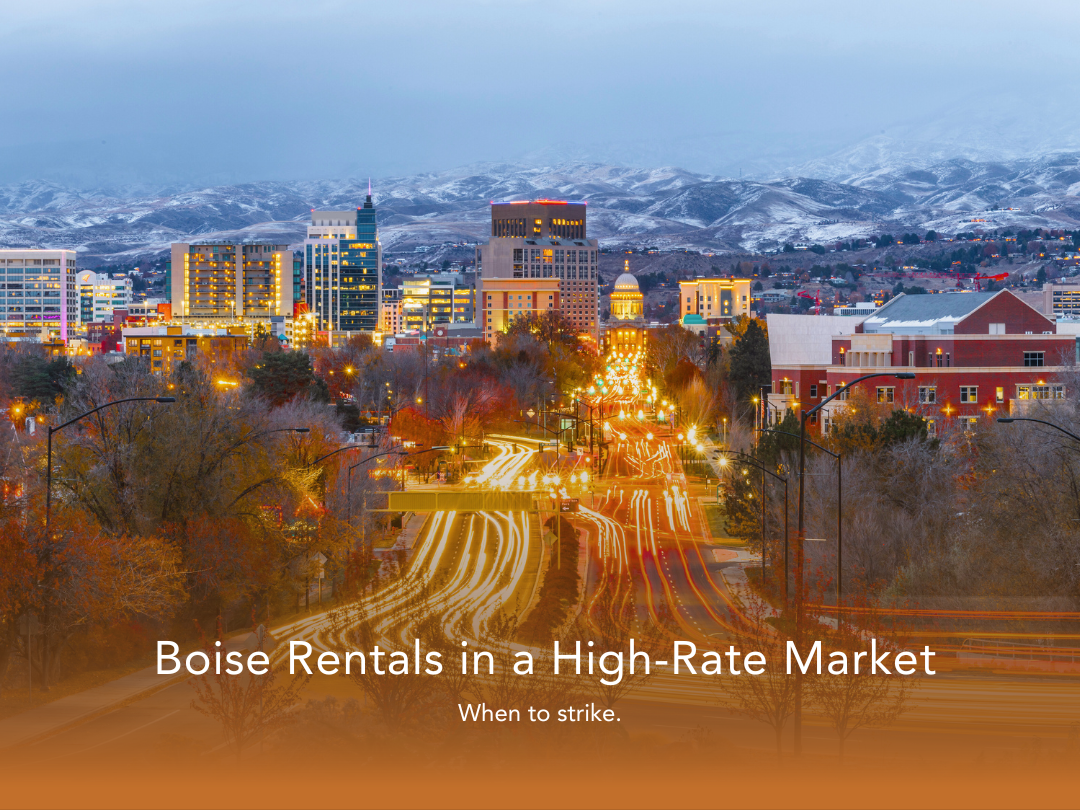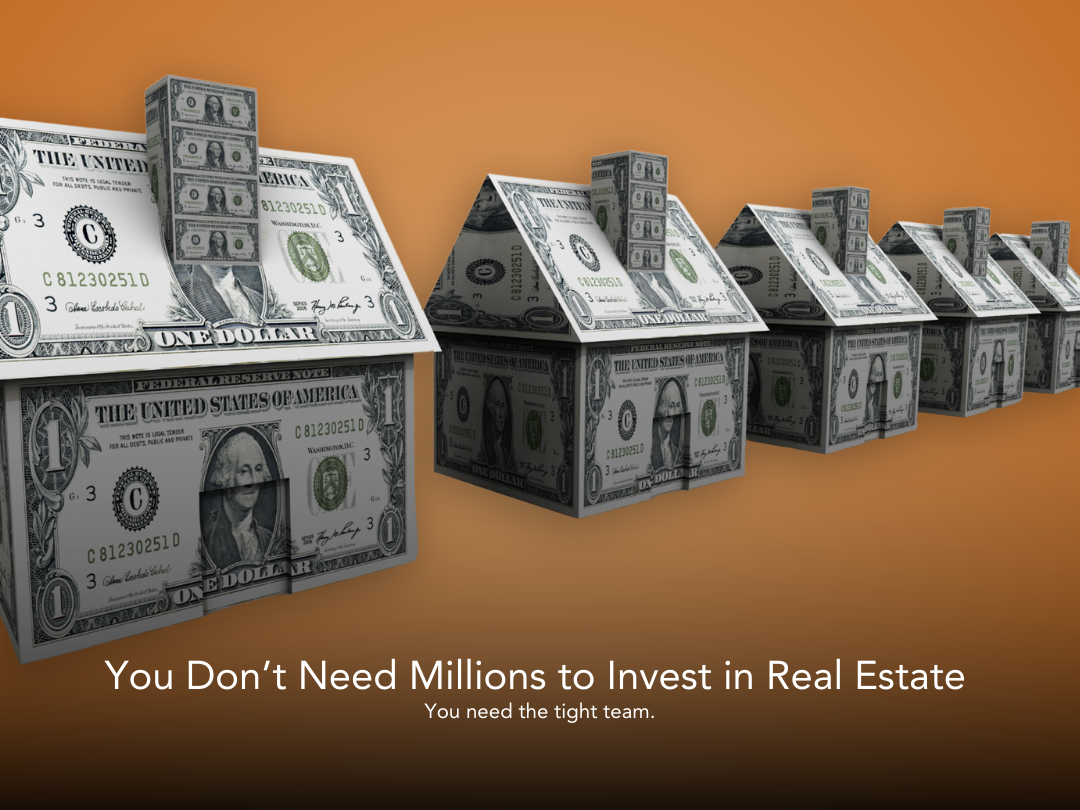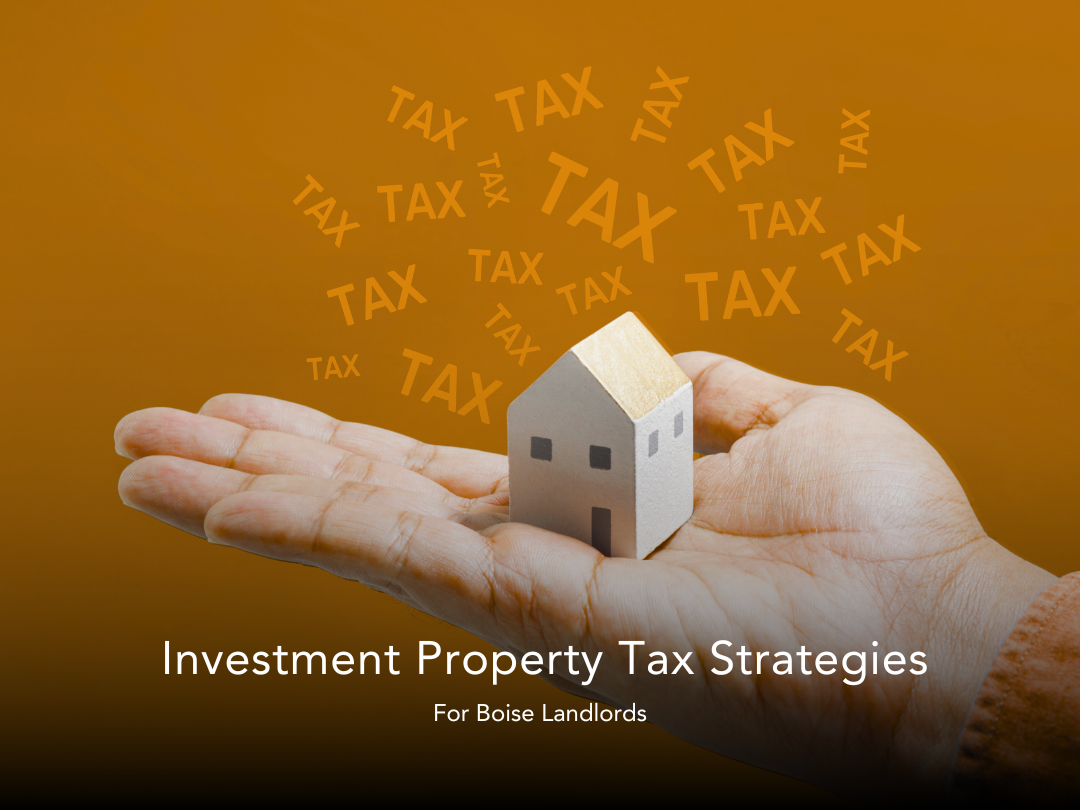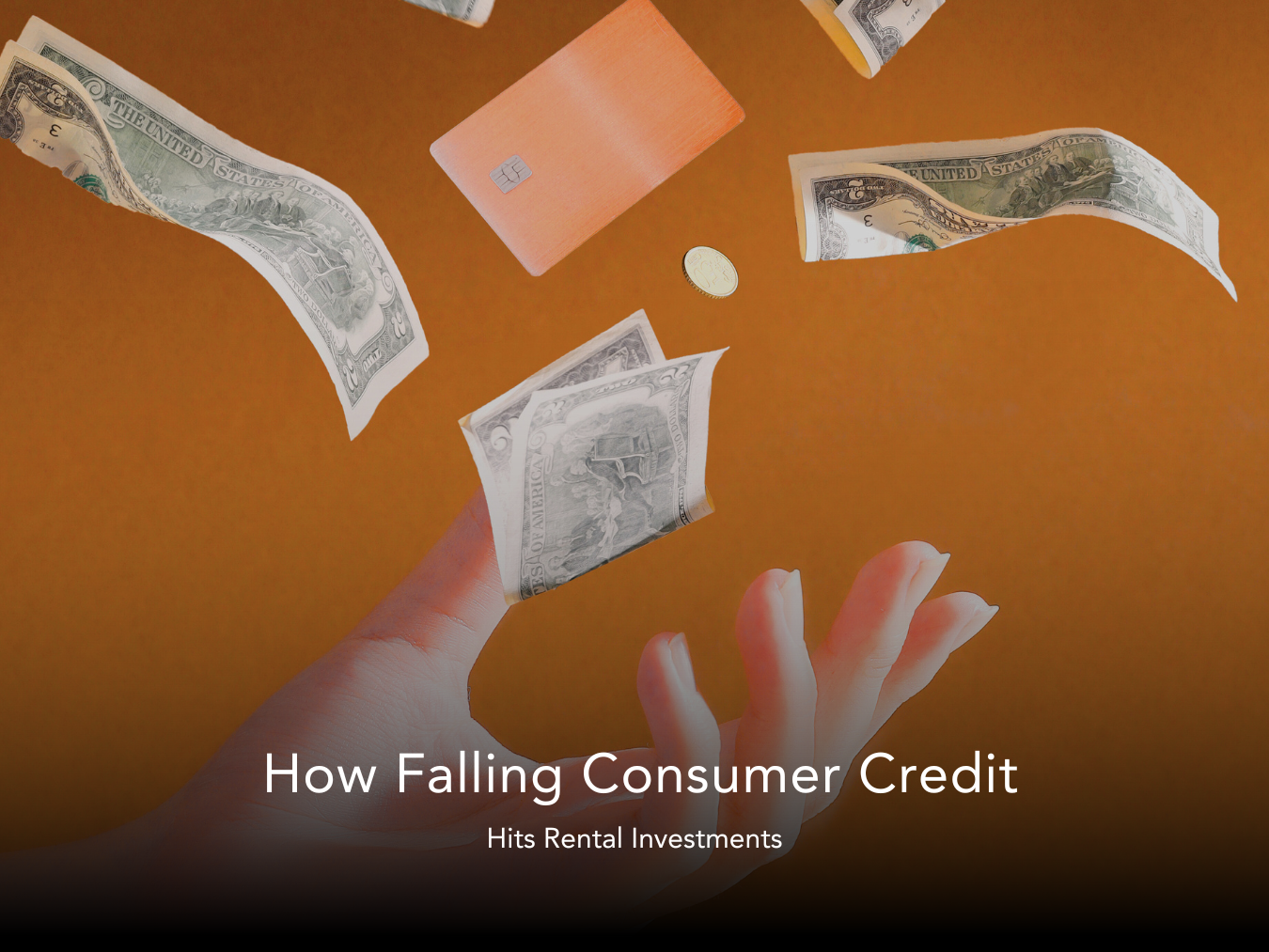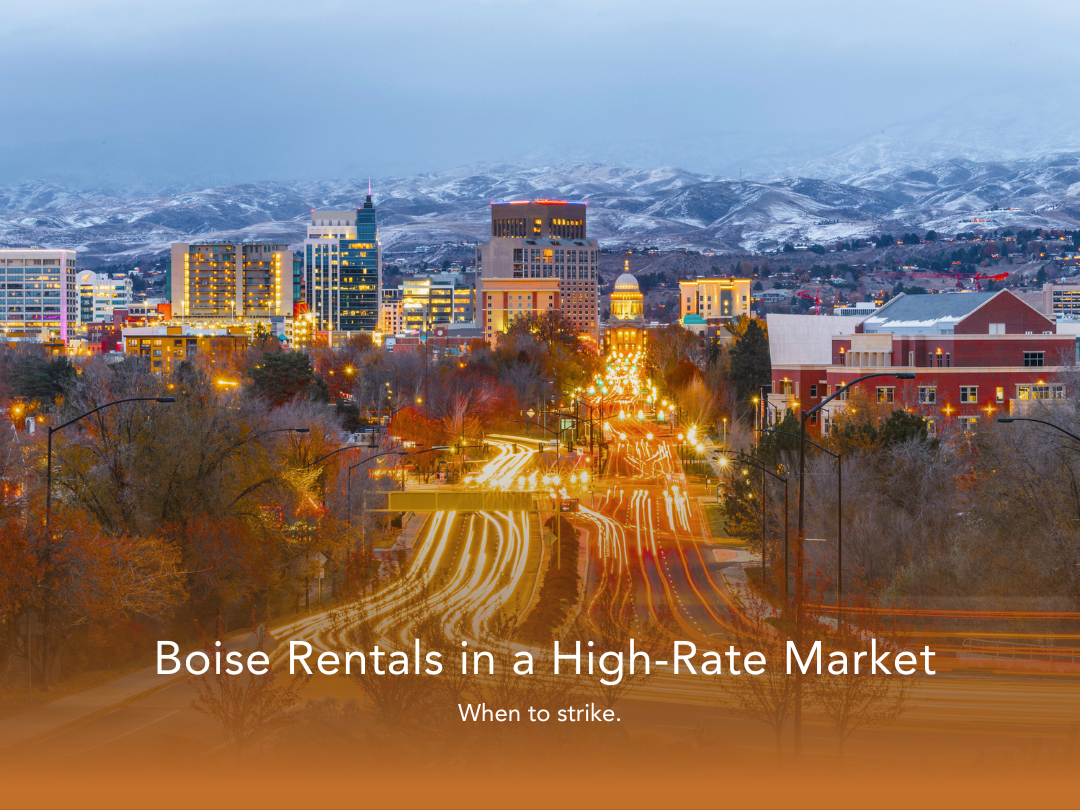Investing in real estate is a time-honored strategy for building wealth, but navigating the market during periods of high interest rates can be particularly challenging. However, with the right strategies and timing, investors can still find lucrative opportunities. Here are some key considerations and strategies to help determine the best time to buy investment real estate in a high-interest rate environment.
Understanding the Impact of High Interest Rates
High interest rates generally mean higher borrowing costs, which can lead to decreased affordability for many buyers. This can result in:
Reduced Demand: As mortgage payments become more expensive, fewer people may be able to afford to buy homes, leading to a decrease in overall market demand.
Lower Property Prices: With reduced demand, property prices may stagnate or even decrease, providing potential opportunities for savvy investors.
Increased Rental Demand: High interest rates can price many potential homeowners out of the market, increasing the demand for rental properties.
Timing the Market
Timing is crucial when buying investment real estate, especially in a high-interest rate environment. Here are some strategic times to consider:
Market Corrections and Downturns
Economic Slowdowns: During economic downturns, property prices often fall as the market corrects itself. High interest rates can exacerbate these conditions, leading to lower prices and more motivated sellers.
Foreclosures and Distressed Sales: Economic hardship can increase the number of foreclosures and distressed sales, offering potential bargains for investors.
Interest Rate Stabilization
Rate Peaks: Historically, interest rates tend to peak and then stabilize or decrease. Monitoring economic indicators and central bank policies can help investors predict when rates might stabilize, making it a potentially good time to buy before the market fully recovers.
Seasonal Trends
Off-Season Purchases: Real estate markets often have seasonal trends, with spring and summer being peak buying seasons. Purchasing during the fall and winter can provide more negotiating power and potentially lower prices.
Strategic Considerations
In addition to timing, consider the following strategies to maximize returns in a high-interest rate environment:
Focus on Cash Flow
Prioritize properties that offer strong rental yields and positive cash flow, even with higher borrowing costs. High rental demand can help offset the impact of higher mortgage payments.
Short-Term Financing Solutions
Look for short-term financing options, such as bridge loans, that allow you to acquire properties now and refinance later when interest rates decrease.
Negotiate Aggressively
Use the leverage of reduced demand to negotiate better purchase prices and terms. Sellers in a high-interest rate environment may be more willing to make concessions.
Invest in Growth Markets
Identify markets with strong economic fundamentals and population growth. These areas are more likely to experience appreciation over the long term, offsetting the initial impact of higher interest rates.
Diversify Your Portfolio
Diversification can help mitigate risk. Consider investing in different property types, such as multifamily units, commercial properties, or even real estate investment trusts (REITs).
While high interest rates pose challenges, they also create opportunities for strategic investors. By understanding the market dynamics and timing your purchases carefully, you can still achieve strong returns on your investment real estate. Focus on properties with strong cash flow potential, consider short-term financing solutions, and remain patient for the right opportunities. With these strategies, you can navigate a high-interest rate environment and build a resilient real estate portfolio.

